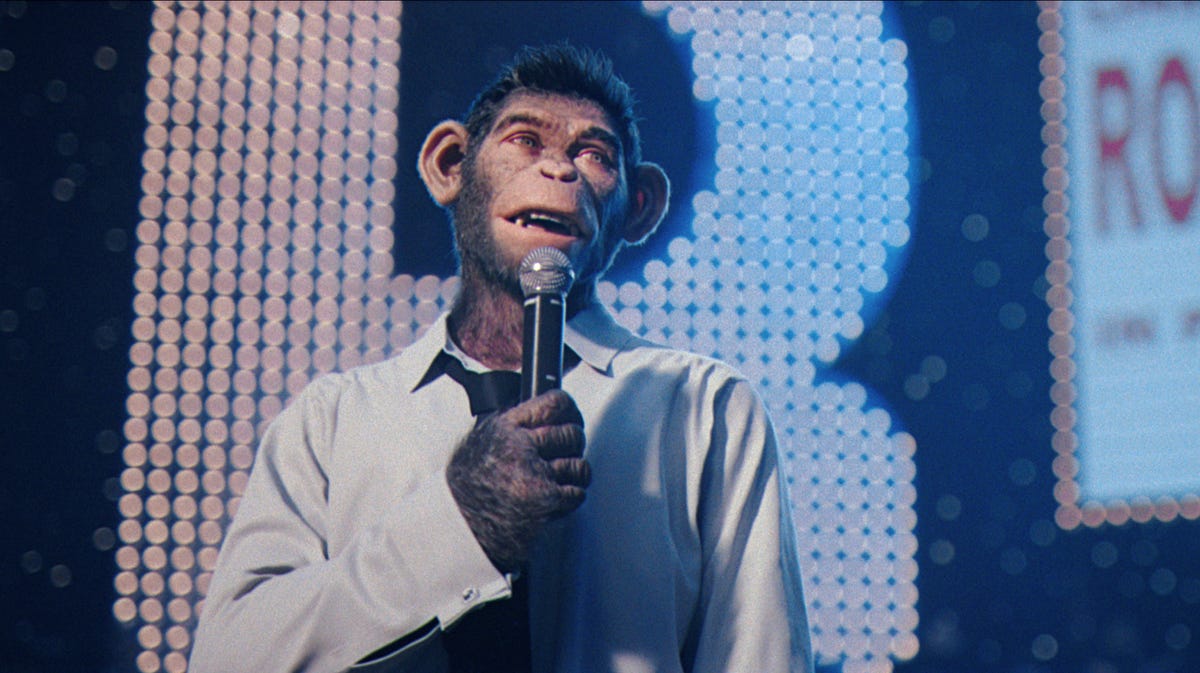Game Changer Story: Ram Nandan (Ram Charan), an upright IAS officer, is committed to eradicating corruption and ensuring fair elections. The film juxtaposes his modern-day battles with the historical struggles of his father, Appanna, highlighting a generational fight against systemic injustice.
Game Changer Review: The highly anticipated film Game Changer, directed by Shankar and featuring Ram Charan, Kiara Advani, and Anjali alongside SJ Suryah and Srikanth in pivotal roles, is a political action drama that delves into the murky waters of corruption within the Indian political system. Shankar, renowned for his grand storytelling, makes his Telugu directorial debut with Game Changer. His signature style is evident in the film’s lavish production and narrative structure. The story, penned by Karthik Subbaraj, weaves together action, drama, and social commentary, though it occasionally leans heavily on familiar tropes.
Ram Charan delivers a compelling performance in dual roles, seamlessly transitioning between the principled Ram Nandan and the rustic Appanna. As the central figure of the story, he carries the narrative with remarkable ease. While his portrayal of Ram Nandan is high on style and swag, it is his heartfelt performance as Appanna that truly resonates with the audience.
Kiara Advani, as Deepika, plays Ram Nandan’s love interest. Her character moderates Ram’s anger and inspires him to take up the IAS. While Ram and Kiara light up the screen, their love track feels somewhat clichéd. Anjali, as Parvathy, gets a meaty role as Appanna’s wife, championing his principles and cause. The emotional depth she brings to the story bolsters the film’s core.
Srikanth, as Bobbili Satyamurthy, surprises with his antagonist role. His dynamic interactions with Appanna add layers to the narrative. SJ Suryah, known for his distinct style and mannerisms, delivers yet another solid performance as Bobbili Mopidevi.
The film opens with Ram transitioning from an IPS officer to an IAS officer, featuring a stylish action sequence where he settles old scores. The first half chronicles his journey from a fiery college student to a committed civil servant. Although it employs some usual tropes and forced humour, the first half ends with an interval twist, setting the stage for an engaging second half. The latter part of the film takes a different trajectory, transitioning into a politically driven narrative rooted in the soil. The screenplay, treatment, and even the colour palette shift to complement this transformation.
Thaman’s musical score elevates the film, with a soundtrack that complements its themes. Tirru’s cinematography captures both the grandeur and grit of the story, employing dynamic visuals that enhance the viewing experience. Editing by Shameer Muhammed and Ruben ensures a cohesive narrative flow. The production values reflect Shankar’s commitment to high-quality filmmaking, with grandiose visuals in the song sequences. “Jaragandi” stands out as the highlight track, while the popular “Naanaa Hyraanaa” is yet to make its way into the final cut. The team has announced its inclusion starting January 14.
While Game Changer impresses with its grand visuals and socially relevant themes, it falters in areas that detract from its overall impact. The narrative occasionally veers into predictability, relying on familiar tropes of love, political corruption, and systemic injustice. The screenplay’s didactic tone, though impactful at times, can feel heavy-handed, leaving little room for subtlety.
Overall, Game Changer is a well-executed commercial film. Shankar’s grand scale and Ram Charan’s brilliant performance, combined with strong supporting roles and technical excellence, make it a compelling watch for enthusiasts of the genre.































